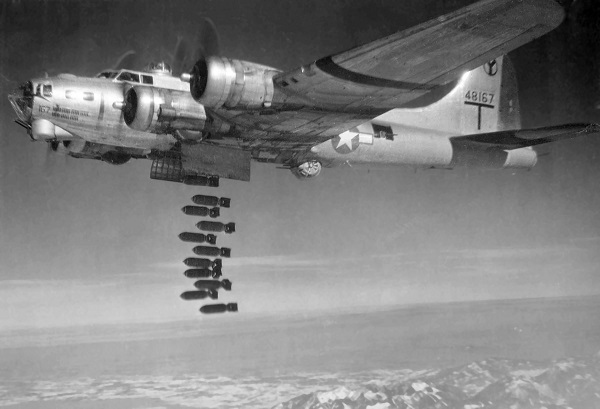
President-elect Donald J. Trump was often vague on the campaign trail, but he was clear about this: as commander-in-chief he would get back to the basics of the War on Terror, foregoing liberal projects like “nation-building” in favor of just “bombing the hell out of” the Islamic State in Libya, Iraq, and Syria. And he suggested he would do this with the help of Vladimir Putin, a man some in his own party consider a threat. “Wouldn’t it be nice if we got together with Russia,” Trump said over the summer, “and knocked the hell out of ISIS?“
His supporters cheered while pundits scoffed at this budding friendship between right-wing nationalists. But despite the unusually public nature of the affair, the groundwork for such a US-Russia alliance against ISIS was already being laid by President Barack Obama. While Trump was campaigning, U.S. diplomats were meeting with their Russian counterparts to hammer out a deal to share intelligence and jointly conduct bombing raids against ISIS and other extremists in Syria. That deal was strongly by leading Republicans like Senators John McCain and Lindsey Graham, falling apart not because of their opposition, though, but because Russian forces reportedly bombed an aid convoy on its way to Aleppo, making a partnership unseemly.
Trump is more likely to overlook humanitarian concerns, but he’ll face the same opposition Obama did if he tries to link up with Putin. General Michael Flynn, his top national security advisor, shares his outlook on Russia and terrorism, even being paid to speak at a party in Moscow hosted by RT, the Russian government’s propaganda arm. But Trump’s administration also includes the likes of Congressman Mike Pompeo, a hard-liner on Russia who will be leading the Central Intelligence Agency. There are no doves in his cabinet, but there will be disagreements on how far to take any alignment with Moscow, which will amplified by a Congress that can still play politics with the money Trump will need for any airstrikes.
Trump, however, inherits not just a proposed alliance with Russia, but the unilateral ability to deploy U.S. military power wherever he chooses. The upside is there’s no ambiguity: few expect him to earn a Nobel Peace Prize. And that’s an advantage for those who don’t think a war on terror can be won with more of the extreme violence that breeds terrorism: they can start organizing now against what they know is coming.
Charles Davis is a journalist in Los Angeles. Follow him on Twitter: @charlierarchy



